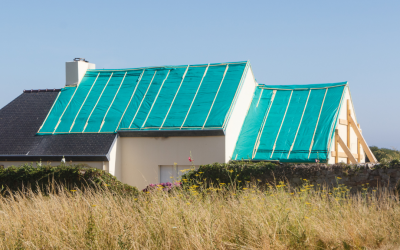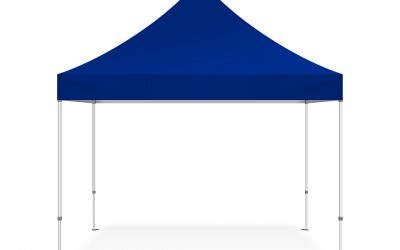The majority of the tarps available in the market today are waterproof and/or water-resistant. That means they have the capacity to repel water and can protect the interiors from any form of leaking. However, it’s important to understand that waterproof tarp and water-resistant tarps are two different things altogether in terms of the work they’re designed to perform. While both of them are meant to provide protection against water and leaking, the work of a water-resistant tarp is somewhat temporary.
A typical water-resistant tarp can only hold or block water for a limited amount of time. Once the limit is passed, water will start leaking or seeping through the tarp, which might cause damage to the material. If you’re planning to cover your leaking roof or any other valuables outdoor, it is best that you consider getting a waterproof tarp. While a water-resistant tarp can offer the solutions you need at a cheaper price, it can only meet your temporary storage or protection requirements.
A good example of a water-resistant tarp is a canvas tarp. This tarp is usually designed with tough but breathable material and wax and oil coating on top, which essentially makes it water-resistant. When any type of tarp is coated with Polyvinyl chloride (PVC), it becomes naturally waterproof.
Waterproof tarps are considered a long-term investment as they can be used over long periods of time without being torn or easily worn out. These tarps strictly don’t allow any water or moisture to pass through them, even in cases where water stands on them for long periods of time. The best examples of waterproof tarps are polyethylene and vinyl tarps. In addition to being waterproof, these tarps are also tear-resistant, UV-resistant, dirt, oil, and grease resistant as well. A sizable number of today’s waterproof tarps are also fire retardant.
Some of the applications where waterproof tarps can be used include covering cars, boats, timber, and any other item(s) that need protection against adverse exterior conditions. Always analyze and perfectly understand your storage and protection needs before buying or hiring a tarp.





